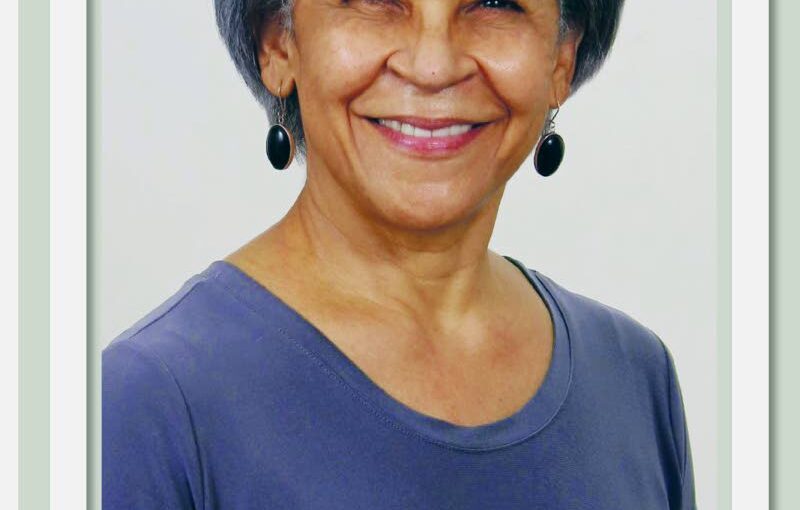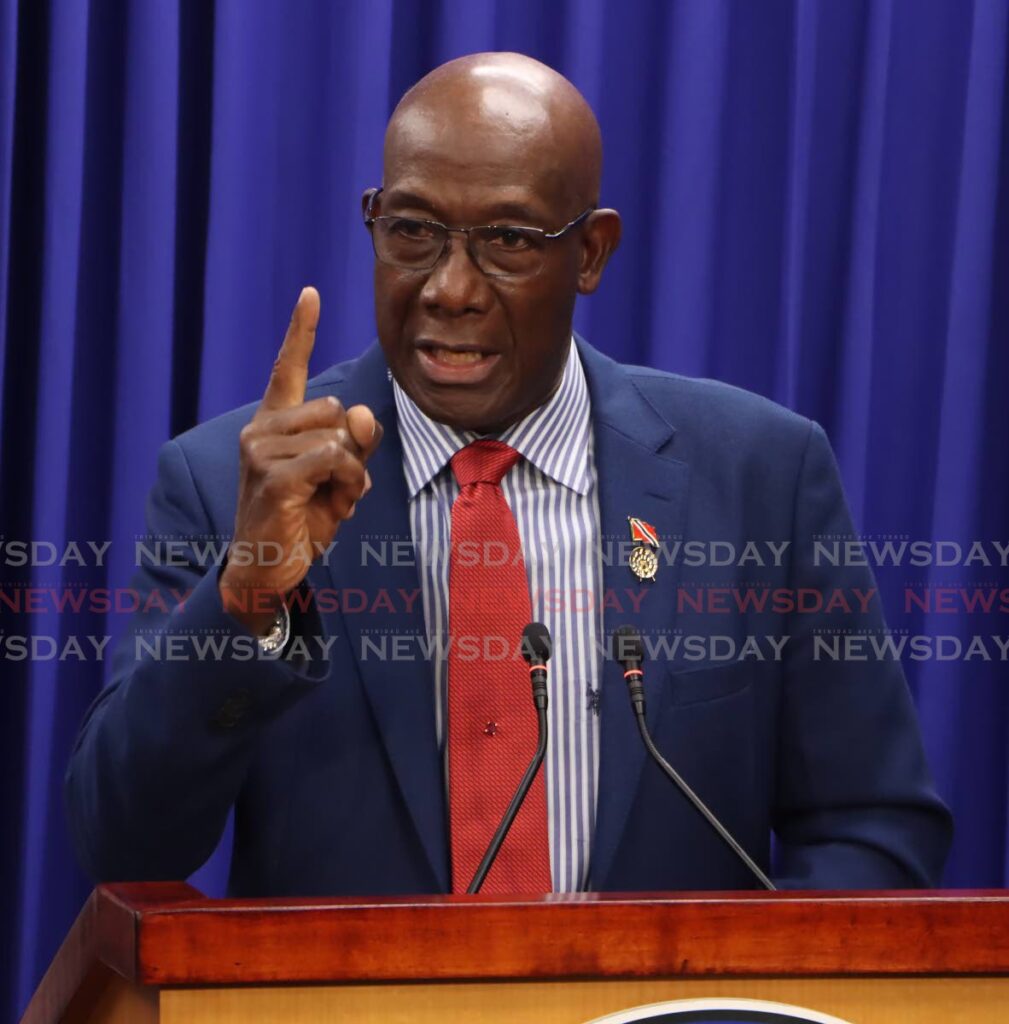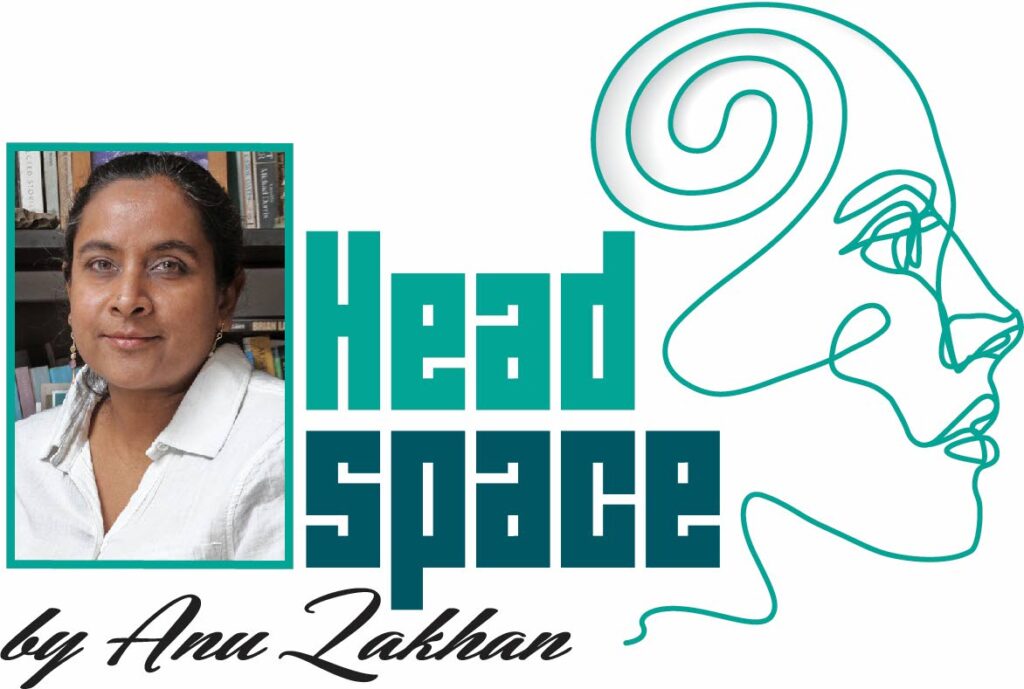Contested histories
Written by marinasb on December 29, 2024

We will soon say goodbye to a most unsettling year. Not necessarily personally but in the sense of the seismic shift in world affairs that has caused us all to question so much of what we took for granted in our lifetimes and the generally accepted value system.
Truth be told, change has been gathering pace over decades, or longer, and we are some way off the culmination of the present historical cycle that would have started long before we were even aware of its beginnings.
For example, the ongoing horrendous conflicts in the Middle East have their origins way back, with the dissolution in 1922 of the once great Ottoman Empire, which included Egypt, Syria, Iraq, Jordan, Israel, Palestine, parts of North Africa and the Arabian peninsula. At its height, parts of Europe and the Balkans, to Ukraine and down to Greece were under Ottoman rule. The constant upheavals on the African continent and South America have their roots in European conquest and colonialism. Centuries later, the consequences are still unravelling.
In the Caribbean, we are fortunate not to be subject to armed conflict, gang warfare aside, but we live the consequences of our history. The chaos of the French Revolution, which began in 1789, spread across the Atlantic and set the loyalist and non-loyalists against each other in Haiti, where one of the great episodes of human history was hatching.
The success of the Haitian Revolution, the only successful slave rebellion, and the founding of a black independent state on January 1, 1804, inspired many other slave revolts in the region, all of them were brutally put down.
Sadly, Haiti never recovered from its birth pangs and it unleashed shockwaves in our region. Ancestors of many Trinbagonians, for example, started arriving here in the 1790s, fleeing violent insurrections, many from the French-speaking islands, especially Grenada, as a result of the Fedón rebellion in 1795.
One of my unexpected Christmas gifts was Julien Fédon: Revolutionary, Patriot and Insurrectionist – The Untold Story of a Mulatto Leader. The biography’s author, Herman G Hall, challenges previously published histories that the exceptionally long [16-months] Fédon Rebellion was a slave revolt.
Rather, Hall argues that Fédon led a rebellion in which free and enslaved Africans, French-speaking mixed-race elites, and liberal French Whites fought together to rid Grenada of the British who denied them civil rights. They murdered the colony’s governor and other Britons. It took General Ralph Abercromby, accompanied by thousands of troops including German and Dutch commandos, to contain the rebellion. Abercromby later on, in 1796, surrounded Trinidad and seized it from the Spanish.
Fédon, child of a French father and free black woman, owned a coffee plantation and slaves. Some of his collaborators who survived and their families fled to Catholic Trinidad. They had similar profiles to Fédon and joined the French-speaking, cocoa-growing middle class of colonial, Spanish-ruled Trinidad. My father’s Grenadian ancestor Elie Sarlandie, of Corsican origin, was executed by a British firing squad for his part in the rebellion, and his widow and four children fled to Trinidad, originating the Salandy clan here.
Trinidad was unsettled, having been ceded to Britain and its harsh authority in 1802. British attempts to contain Catholicism, French influence, the culture of the African slaves, whose numbers they swelled, and to embed British rule is well documented. The deliberate division they bred between indentured Hindus and Muslims and between them and the Africans and everyone else remains with us.
An interesting addition to the story of the tensions under which we have lived, particularly in relation to our cultural festivities is Satnarine Balkaranansingh’s Hosay Caribbean: Tadjahs On Wheels. Balkaranansingh closely argues against the official history of the bloody evolution of Muhurram, the Muslim commemorative ritual we call Hosay.
In San Fernando, on October 30, 1884, without warning, two detachments of British marines and local policemen massacred, at close range, 16 of the 10,000 mainly East Indians commemorating Hosay in San Fernando as they tried to take their tadjahs to the sea for immersion. Another 102 people were wounded, according to contested British records.
The atrocity is called the Hosay Riots, but a riot it was not, Balkaranansingh asserts. It was an attack by the British, encouraged by the ruling class of whites and brown elites to hinder social cohesion between indentured Indians and Africans that could threaten their privilege. That political dynamic of division still governs us.
Both these books are extremely well written, using extensive research material and oral accounts plus the authors’ own passion and deep knowledge of their subjects. Together they add significantly to our understanding of our present.
Fedon’s Rebellion caused the decline of French-speaking Grenada and the island’s socio-economic landscape forever. It certainly helped shape Trinidad’s where our enormously plural culture has shown resilience to the many factors that continue to reshape it.
Julien Fédon: Revolutionary, Patriot and Insurrectionist – The Untold Story of a Mulatto Leader and Satnarine Balkaranansingh’s Hosay Caribbean: Tadjahs On Wheels are available online and at Paper Based Bookshop
The post Contested histories appeared first on Trinidad and Tobago Newsday.




